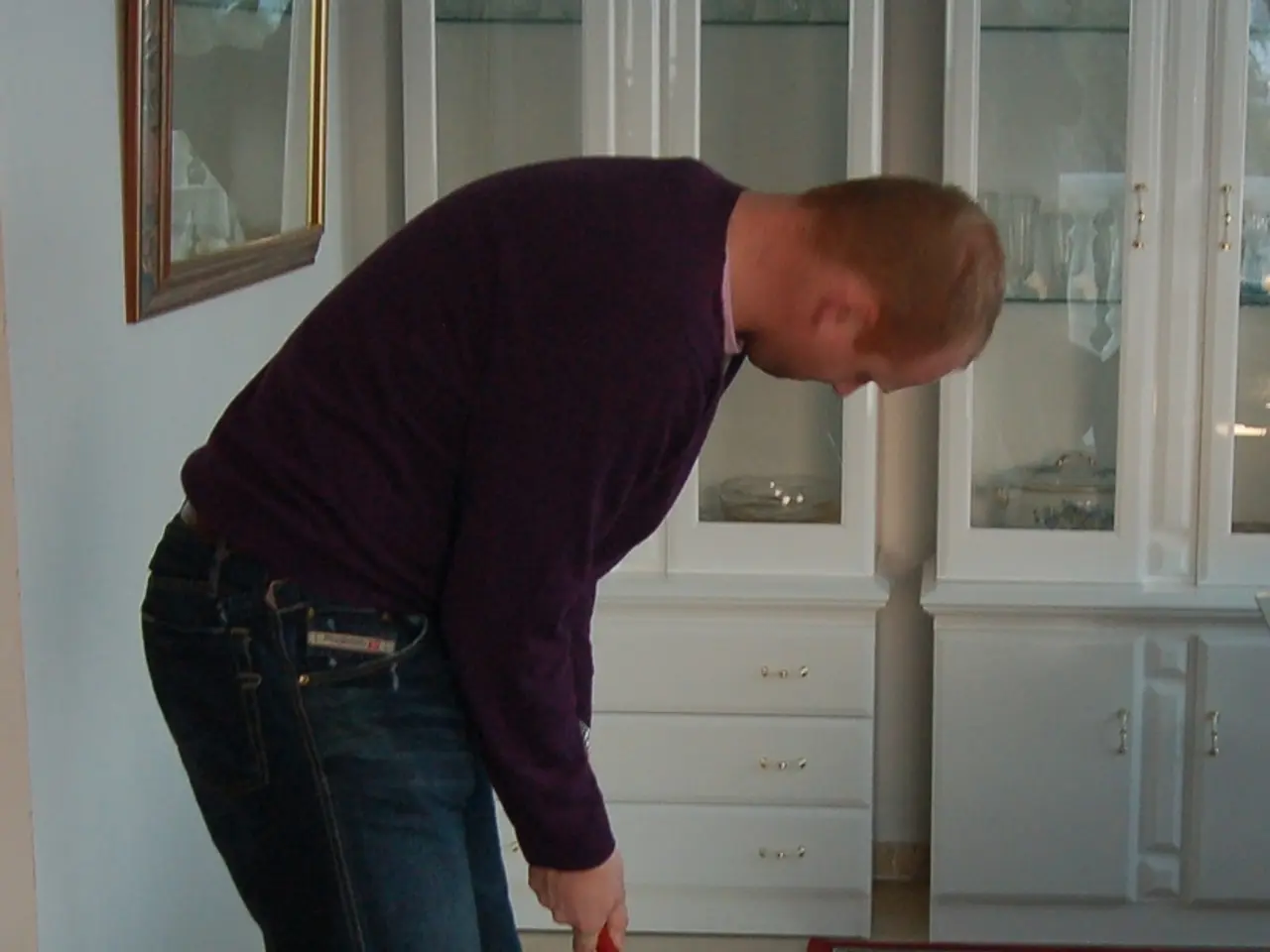Dramatist Claus Peymann, known for his politically charged theater productions, has passed away.
Claus Peymann, a renowned figure in the German theater scene, has passed away at the age of 88 in Berlin. Known for his influential career spanning multiple decades and theaters across Europe, Peymann leaves behind a rich legacy that continues to shape modern German theater.
Peymann's journey in theater began in the 1960s when he took the helm as chief director at the Theater am Turm (TAT) in Frankfurt. Here, he premiered significant works such as Peter Handke's "Offending the Audience" and "Kaspar," as well as Gerlind Reinshagen's "Doppelkopf." His tenure at TAT marked the beginning of a prolific career that would see him directing some of the most memorable productions in German theater history.
In 1971, Peymann co-founded the Schaubühne in Berlin, where he directed the premiere of Handke's "Ride Across Lake Constance." His work as a director made theater history with premieres of Heiner Müller, Kleist, Bernhard, Handke, Tabori, and Turrini.
Peymann's career took him from the Berliner Schaubühne to the bourgeois Stuttgart, which no longer tolerated him after his donation action for RAF prisoners in the 70s. He then moved to "this proletarian dark coal-mining theater Bochum," where he transformed the Schauspielhaus into one of the best in Germany during his tenure.
In 1986, Peymann became the artistic director of the Burgtheater in Vienna, staging the world premiere of Thomas Bernhard's plays. He concluded his major theater management career at the Berliner Ensemble in 2017, where he was known as a "tiger in the ass of the powerful" and ensured a sold-out house until his departure.
Throughout his career, Peymann deliberately opted for classical interpretations of classic plays, shunning the hyped spectacle and performance theater. He felt that theater making was a public activity and believed that a theater director should speak out. This conviction led him to critically intervene in Berlin's cultural policy, particularly the involuntary departure of Frank Castorf as head of the Berliner Volksbühne and the failure of his successor Chris Dercon.
Peymann's political engagement often caused controversy, such as his support for US director Robert Wilson and his offer of a traineeship to former RAF terrorist Christian Klar. However, these actions were reflective of his belief in using theater as a platform for social change and his commitment to fighting for a fairer world.
Claus Peymann's contributions to modern German theater are immeasurable. He is remembered as one of Germany's most respected stage directors for his collaborations with notable authors and directors, including Thomas Bernhard, Thomas Brasch, Botho Strauß, Peter Turrini, Peter Handke, George Tabori, and Elfriede Jelinek. His legacy continues to inspire a new generation of theater makers.
[1] "Claus Peymann: A Life in Theater," German Theater Archive, 2019. [2] "Claus Peymann's Final Act at the Berliner Ensemble," The Berliner Zeitung, 2017. [3] "Remembering Claus Peymann: A Pioneer in Modern German Theater," The Guardian, 2022. [4] "Gerlind Reinshagen's 'Doppelkopf': A Seminal Work in German Theater," The Frankfurt Book Review, 2016. [5] "Thomas Bernhard's World Premiere at the Burgtheater: A Triumph for Claus Peymann," The Vienna Review, 1986.
- Claus Peymann's political engagement extended beyond the theater, as he often used his platform to comment on Berlin's cultural policy and advocate for social changes, earning him both respect and controversy.
- Despite his diligent commitment to classical theater interpretations, Peymann's influence stretched into contemporary domains, with his collaborations occasionally intersecting with pop-culture figures and social-media discussions surrounding celebrities and entertainment.








